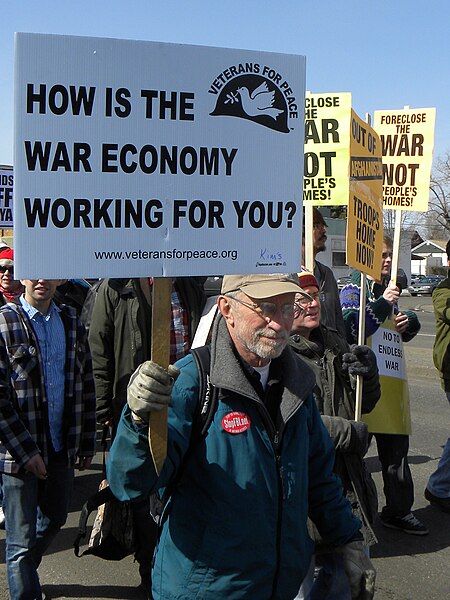by Kathie MM

Cloe Axelson in a WBUR Cognoscenti article tells us, “The kids have something to say, and we should listen.” And she’s right.
Axelson’s article focuses on student activists who survived last February’s mass shooting at Marjory Stoneman Douglas High School in Parkland, Florida, in which 17 died.
Parkland was not the first example of a mass school shooting in this country; given that the United States has become a nation in which nearly 100 people die daily from guns, it is unlikely to be the last. [I hope you are as horrified to read these words as I am to write them and are thinking of ways to fight the NRA’s deadly work for the arms industry.]
One of the highlights of Axelson’s article is her reminiscence about another young student, Mary Beth Tinker, who was suspended from her middle school in Iowa in the 1960s for wearing a black arm band to school to protest the Vietnam War. The ACLU took her case on behalf of student rights to free speech all the way to the Supreme Court, where she won her case in a 7-2 decision.
I have same hypotheses about the child-rearing Mary Beth and other student activists experienced. I believe that in general, they were not bullied and beaten by their parents. They were not sent off to military schools to straighten them out. They were not told to shut their traps, mind their own beeswax, watch out or they’d get what was coming to them, obey…or else.
More likely, young activists like these are allowed to ask questions, wonder about injustices, read widely, educate themselves about society’s ills, and even speak out about problems they see in their communities and beyond—nurtured rather than suppressed, taught to love rather than to hate, urged to strive for a better society rather than become bullies themselves.
“Beating the devil” out of kids is not a path to a better world. Corporal punishment can beat out a lot of potential for developing a universal ethic and sense of justice—and perhaps destroy our only hope for survival of the planet. If you want to stop violence in and to the world, work to end violence in the home.
And inspire yourself! Hear Mary Beth today in this brief video.



